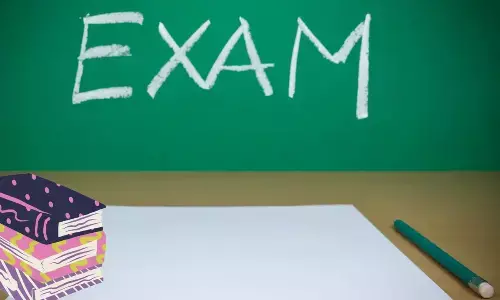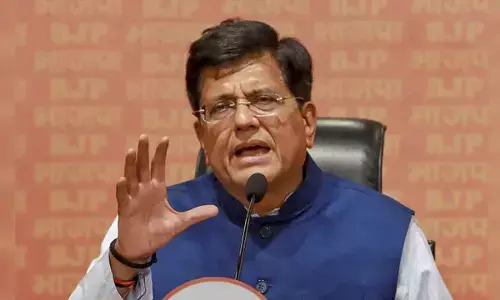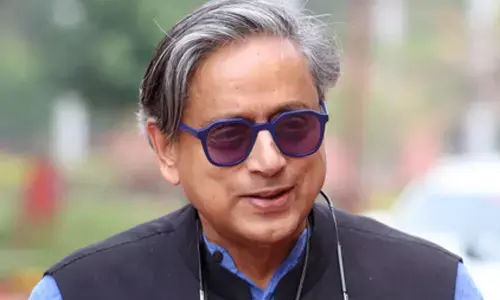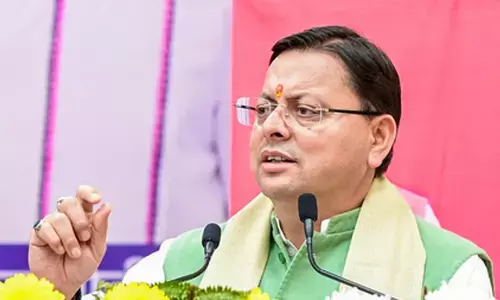CBSE Examination Bye-Laws take precedence over conflicting provisions in the KVS Education Code: Delhi HC
Share :
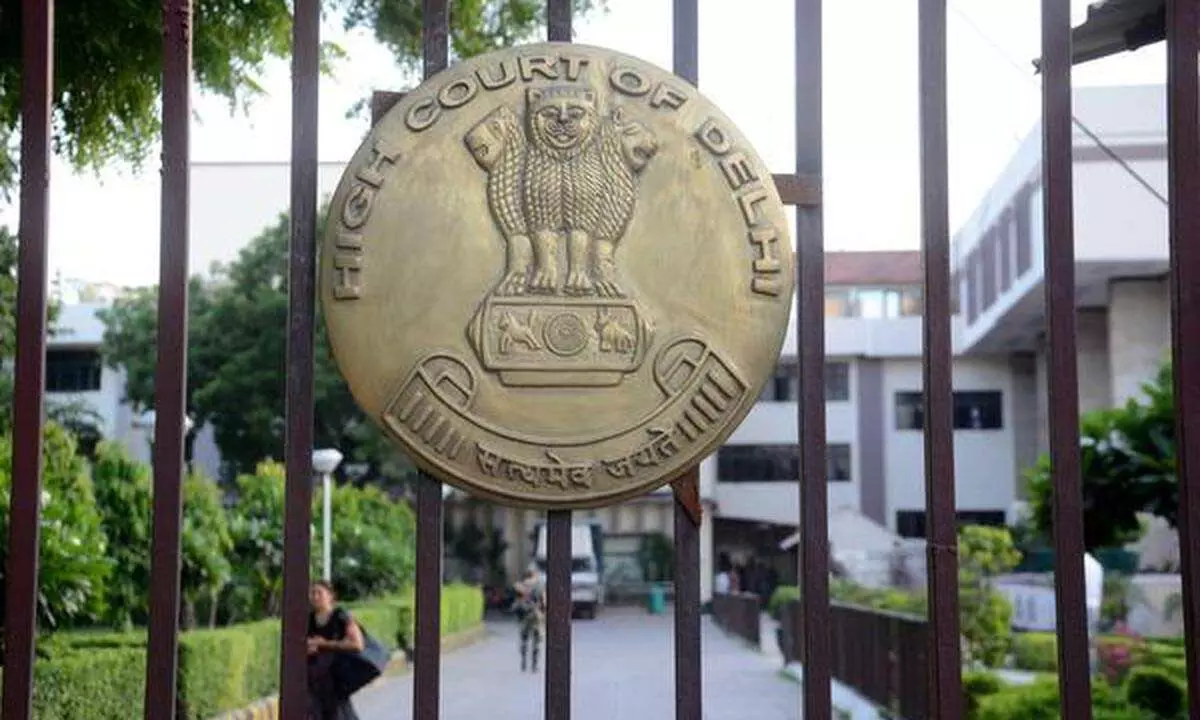
Delhi High Court (File/Photo)
The Delhi High Court has clarified that CBSE Examination Bye-Laws take precedence over conflicting provisions in the KVS Education Code, citing their nature as central regulations.
New Delhi: The Delhi High Court has clarified that CBSE Examination Bye-Laws take precedence over conflicting provisions in the KVS Education Code, citing their nature as central regulations.
The division bench, headed by Acting Chief Justice Manmohan and Justice Mini Pushkarna, upheld a single judge's decision allowing a Class 11 student from Kendriya Vidyalaya School (KVS) to be promoted based on marks obtained in Physical Education, an additional subject, instead of Mathematics, which the student had failed.
The court rejected KVS's challenge, stating that the CBSE Examination Bye-Laws prevail when there is a contradiction with the KVS Education Code.
In this specific case, the court noted that the student fulfilled the promotion criteria based on CBSE Examination Bye-Laws after replacing the failed Mathematics marks with those obtained in Physical Education.
“In the present case, once the marks scored by respondent no. 1 in Mathematics in Class 11 is replaced with the marks scored by him in Physical Education in terms of the CBSE Examination Bye-Laws, then respondent no. 1 fulfills the criteria of having obtained 33 per cent marks in each subject (individually, in the theory and practical components) as well as 33 per cent marks in the aggregate.
"Therefore, the respondent no. 1 is held entitled for promotion to Class 12 by applying the criteria as laid down in the CBSE Examination Bye-Laws,” the court said.
Noting the need for uniformity among all CBSE-affiliated schools, the court said that applying different criteria for internal examinations in Class 11 would compromise the CBSE's objective of uniform applicability across affiliated schools.
The court stressed the importance of maintaining consistent patterns and standards for internal examinations in Class 11, aligning with those of Class 12 conducted by the CBSE.
“If each school is permitted to apply different criteria for internal examination in Class 11, then the uniformity and the objective of the CBSE in framing Bye-Laws for their applicability across all affiliated schools would be lost. The conduct of Class 11 examination internally necessarily follow the same pattern and standard, as applicable to Class 12 examinations conducted by the CBSE,” the court said.








